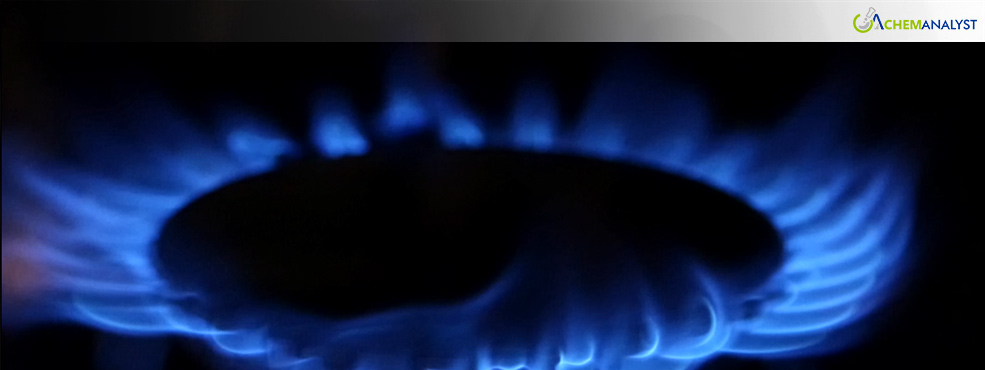Welcome To ChemAnalyst

The European Union (EU) recently introduced new regulations that require comprehensive documentation of reduced methane emissions for all fossil fuels produced within or imported into the EU. In response, the United States Department of Energy (DOE) and the Environmental Protection Agency (EPA) have jointly written to Juul Jørgensen, the European Commission’s Director-General for Energy, requesting a discussion to explore “equivalency” for U.S. liquefied natural gas (LNG) exports to Europe. This request aims to facilitate U.S. compliance with the EU’s updated standards, allowing U.S. LNG, produced under domestic regulations, to be recognized as meeting the new EU requirements.
As one of the primary exporters of LNG to Europe, the U.S. seeks to establish this equivalency to ensure that its LNG exports align with the EU’s recently implemented methane emissions rules. These new regulations mandate an extensive framework for the measurement, monitoring, reporting, and verification (MMRV) of greenhouse gas emissions associated with the production and transport of natural gas. The letter from the DOE and EPA calls for clarity on the conditions under which U.S. natural gas, developed in line with U.S. regulations and policies, could achieve equivalency with EU standards, thus ensuring that these exports meet EU expectations without significant alterations to existing U.S. regulatory practices.
The letter, signed by DOE Assistant Secretary for Fossil Energy and Carbon Management Brad Crabtree and EPA Assistant Administrator for the Office of Air & Radiation Joseph Goffman, formally requests that the EU initiate a structured process to determine such equivalency. Currently, the EU has not established a specific procedure for assessing equivalency with other nations' regulatory frameworks. By initiating a determination process, the U.S. hopes to address regulatory differences and avoid trade disruptions by ensuring that U.S. LNG can continue to flow into Europe under a mutually recognized emissions control framework.
In their communication, Crabtree and Goffman advocate for transparent and inclusive consultation mechanisms within this equivalency process. They suggest that the EU engage in procedures that incorporate feedback from relevant stakeholders, enabling input from various industry and environmental groups. This inclusive approach would help facilitate a constructive dialogue between the U.S. and EU and allow industry voices to play an active role in regulatory alignment.
The letter further emphasizes that the U.S. already has a robust regulatory system for overseeing greenhouse gas emissions, specifically methane, within the oil and gas industry. According to the DOE and EPA, the existing U.S. framework is consistent with the EU’s objectives of reducing methane emissions, thus supporting the case for equivalency. The agencies express confidence that current U.S. policies align with the EU's goals of improving environmental performance within the fossil fuel sector.
Through this proposed equivalency arrangement, the U.S. aims to maintain its position as a key energy supplier to Europe while contributing to the global effort to reduce greenhouse gas emissions. Establishing equivalency would streamline U.S. LNG exports to the EU, fostering energy security and supporting shared commitments to mitigate climate change.
We use cookies to deliver the best possible experience on our website. To learn more, visit our Privacy Policy. By continuing to use this site or by closing this box, you consent to our use of cookies. More info.
